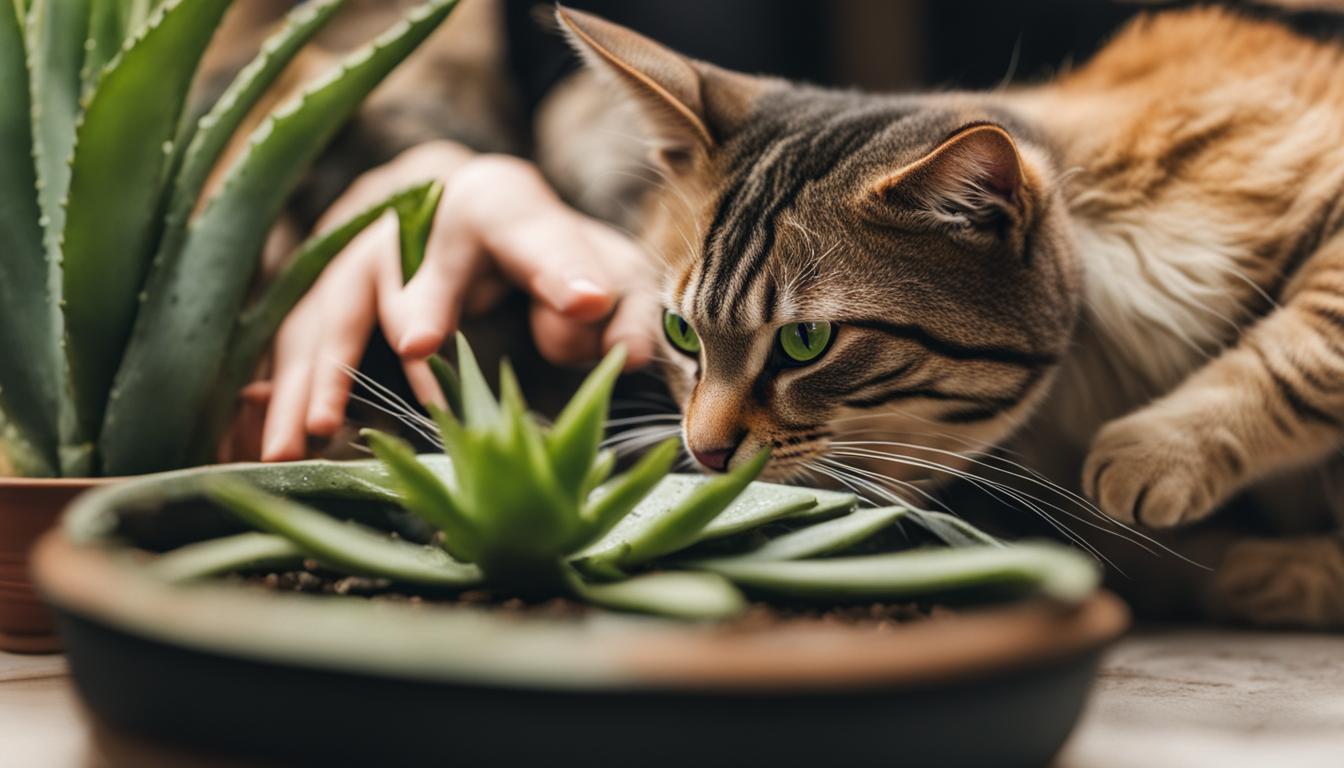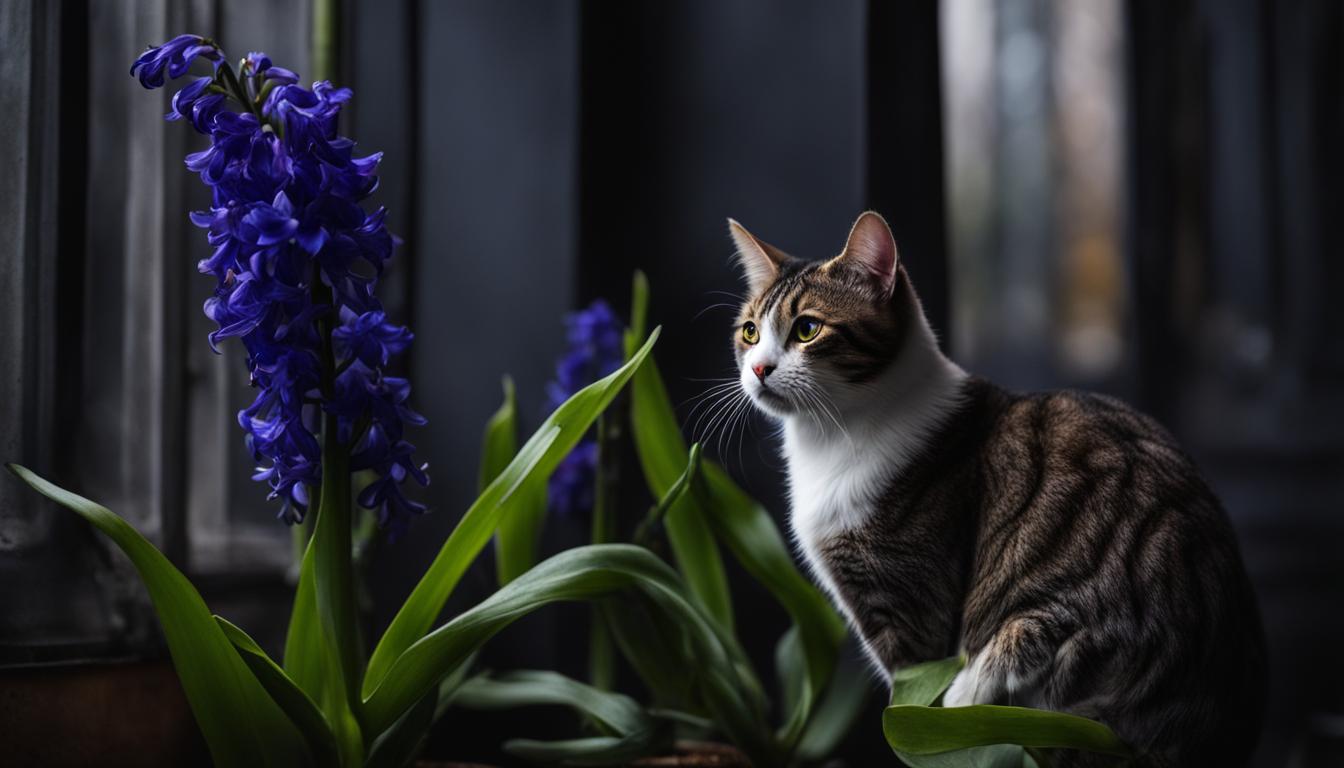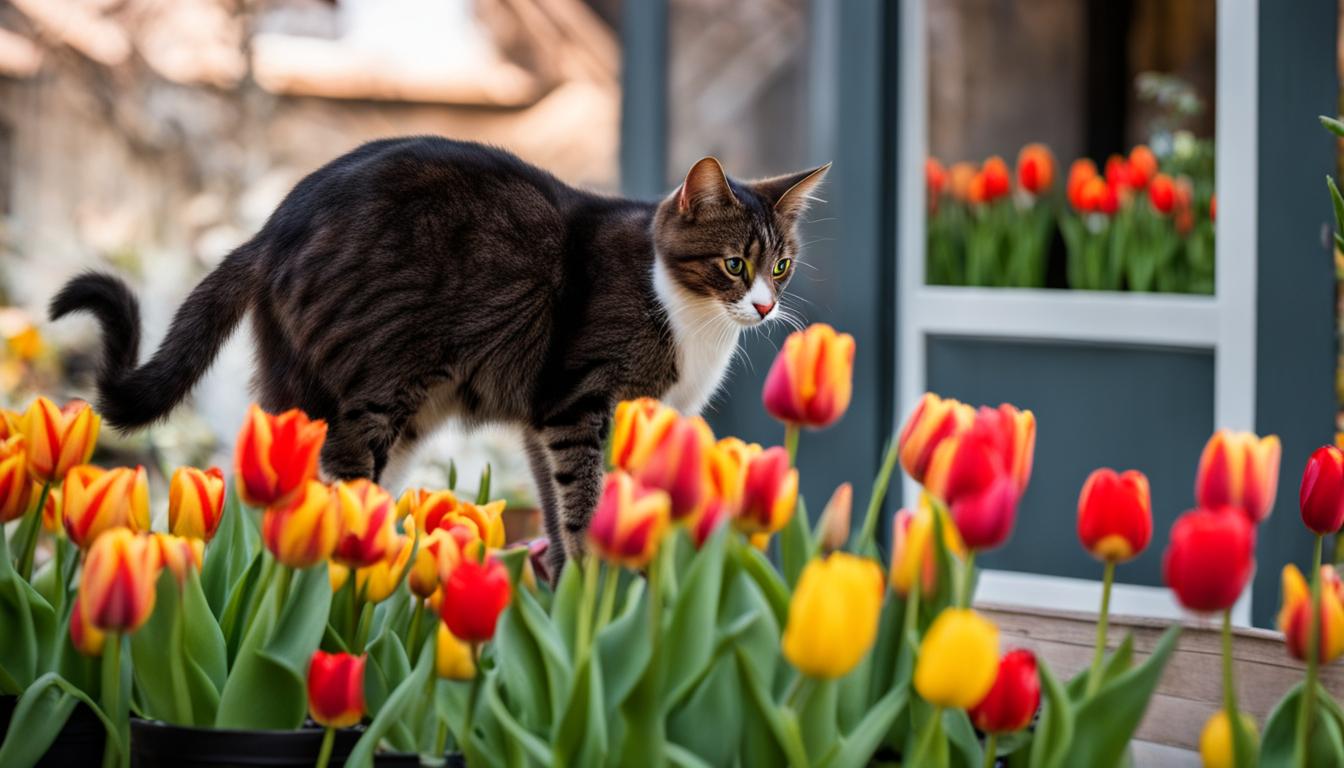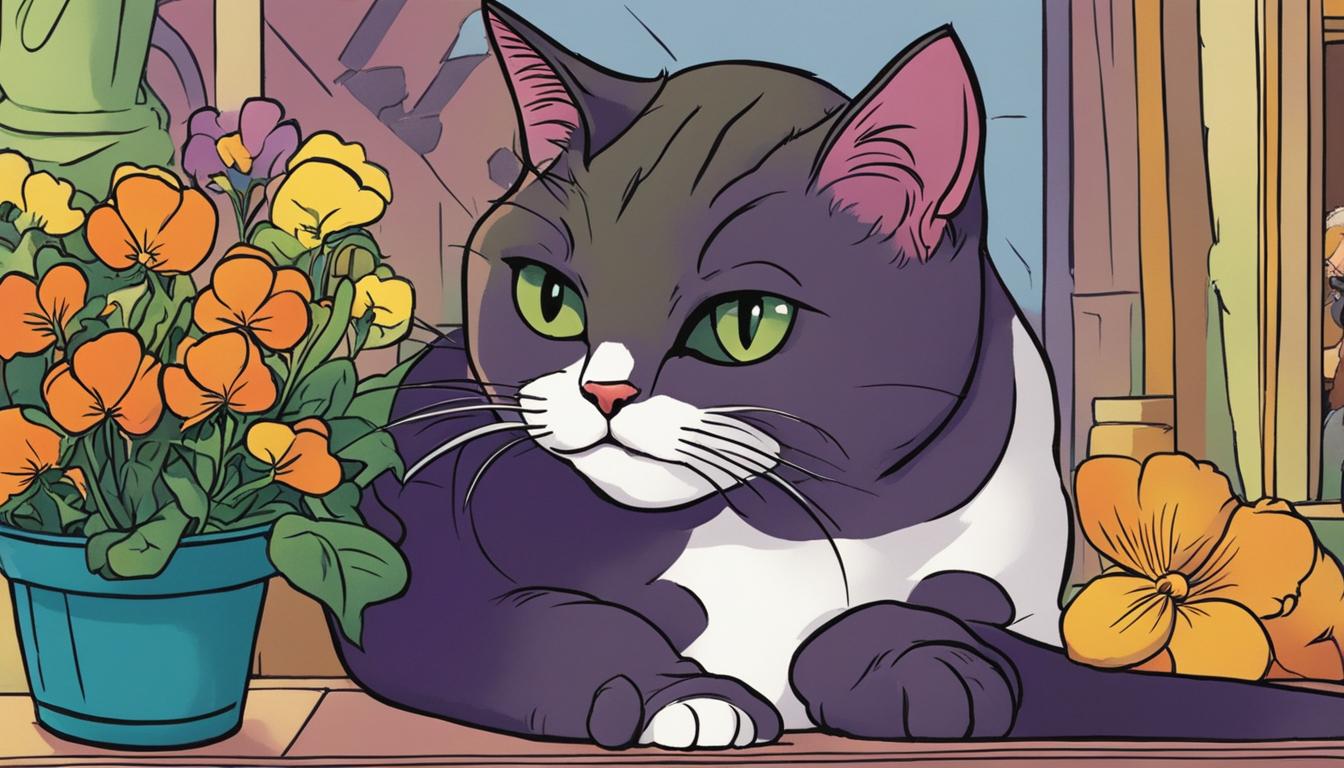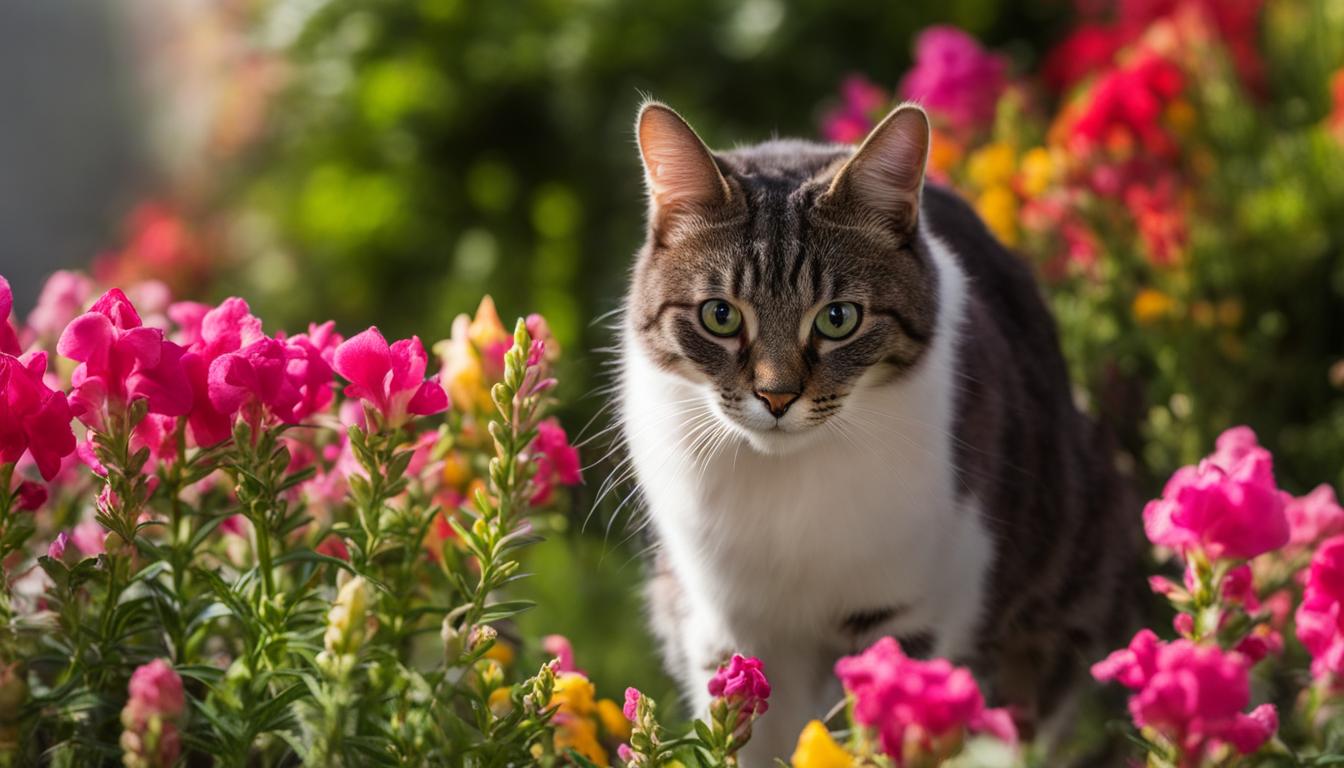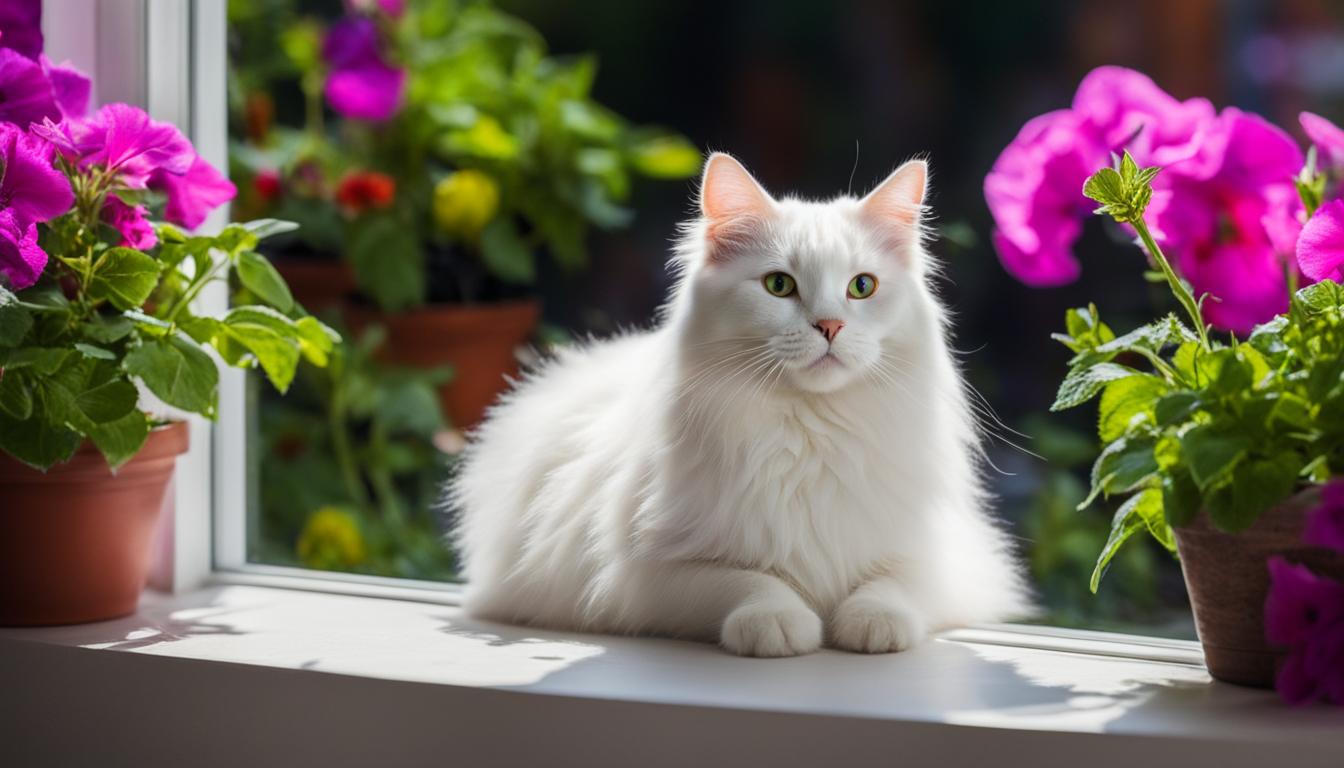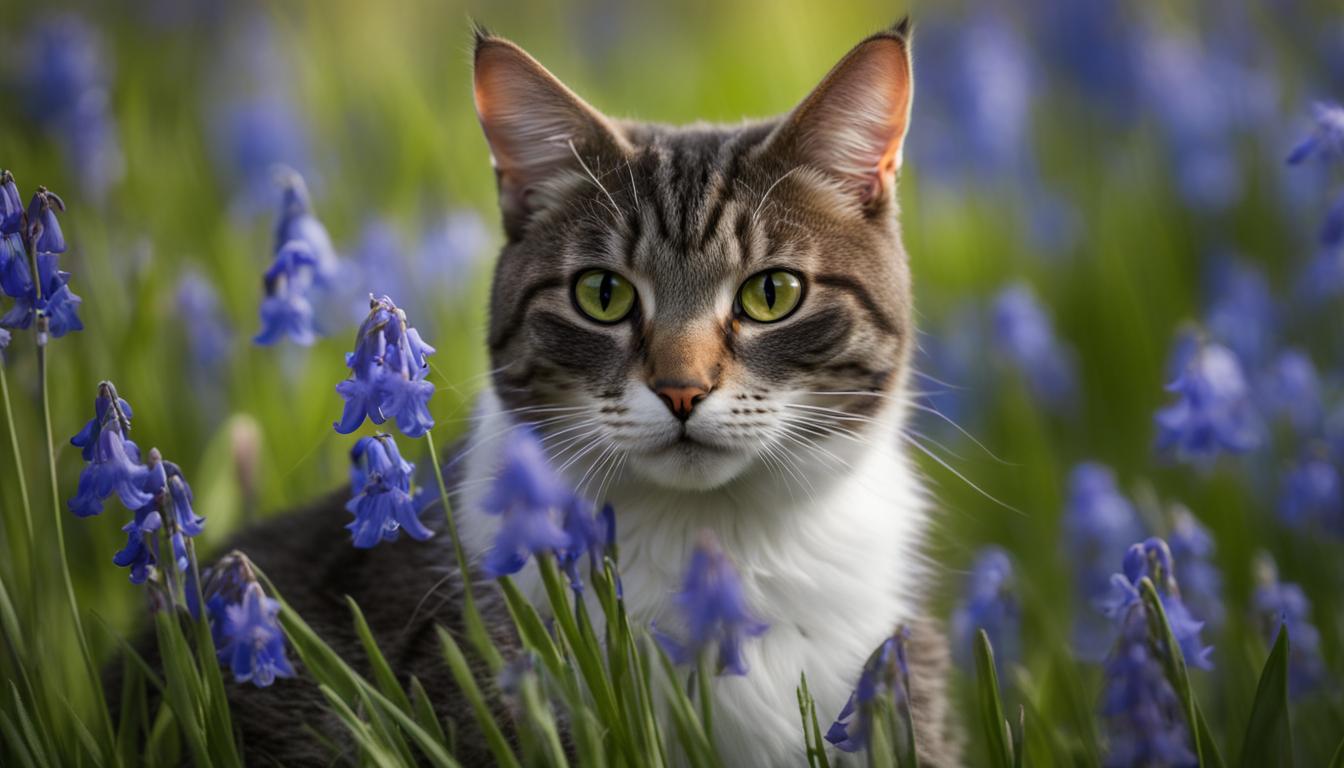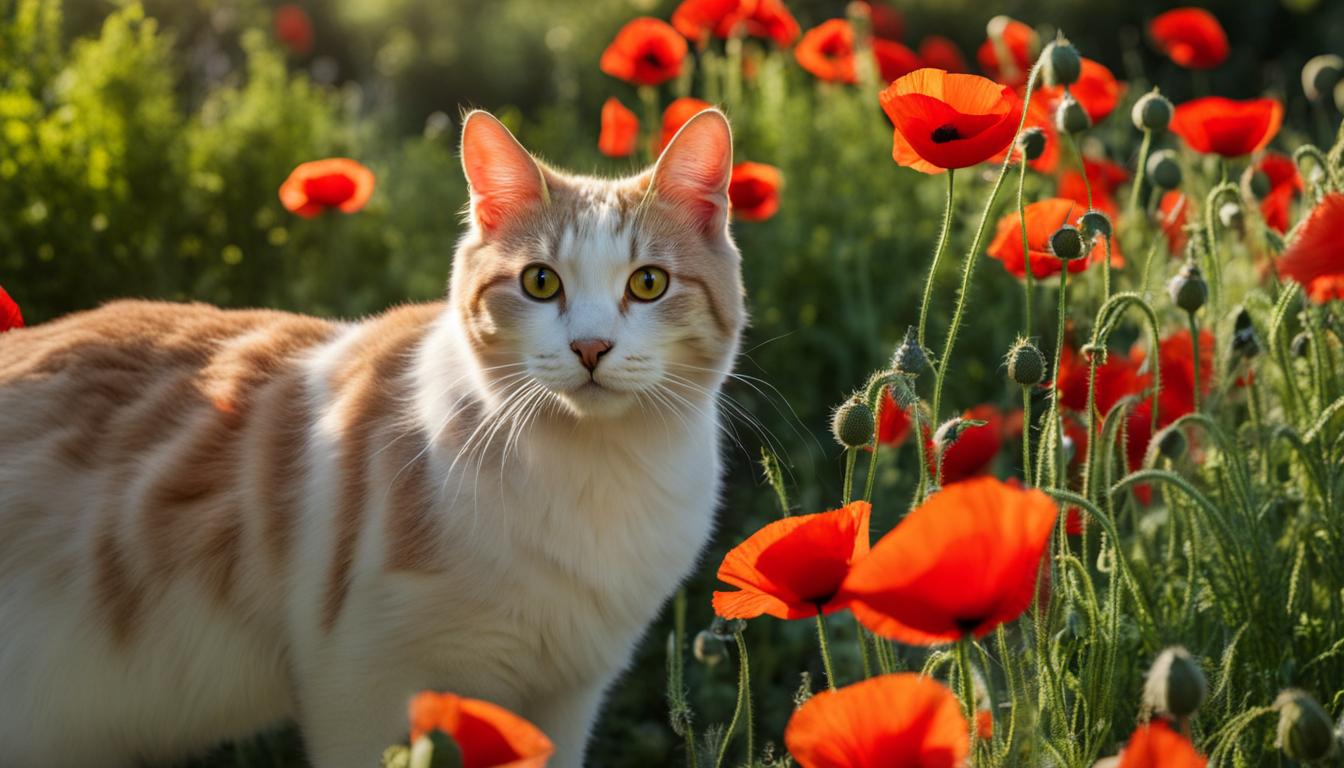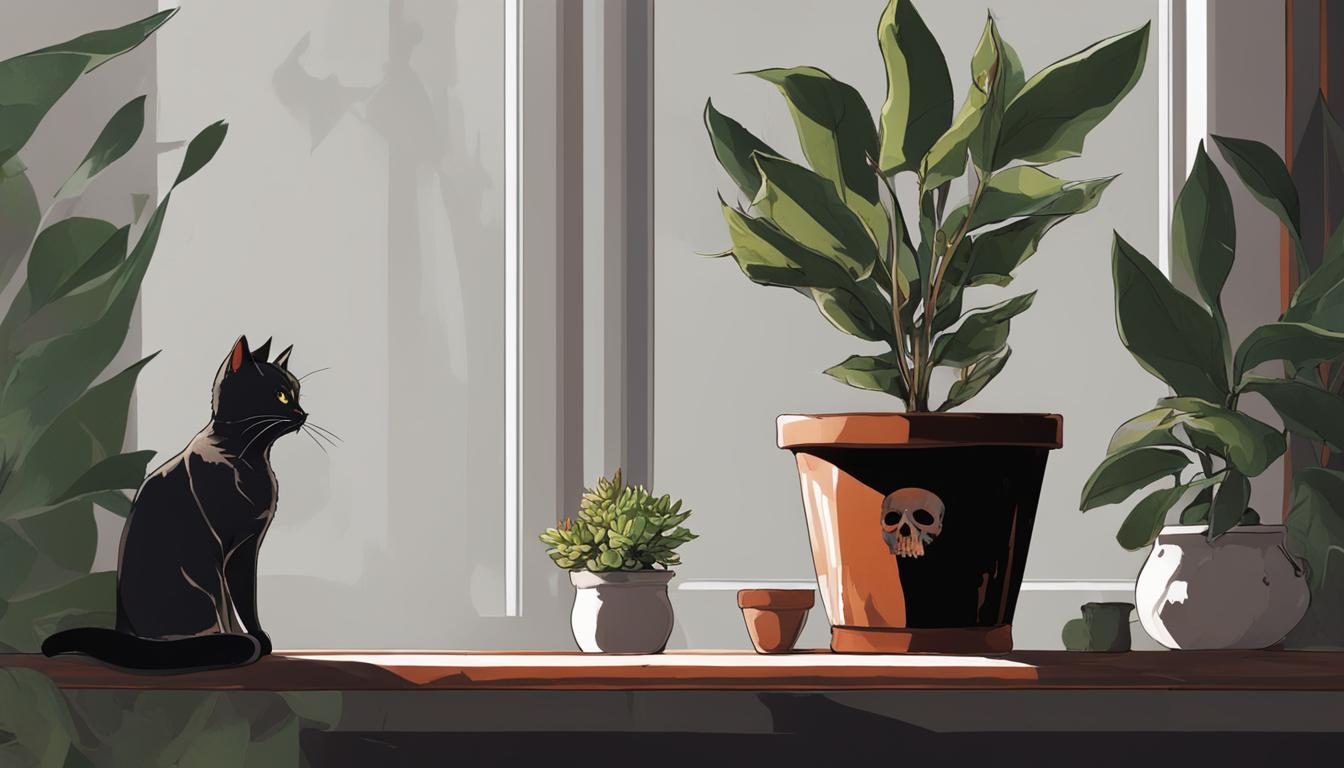Amongst the various plants often kept in homes for their medicinal and decorative properties, aloe vera stands out with its distinctive succulent leaves and health-promoting reputation. However, when it comes to our feline friends, the question arises: is aloe vera harmful to cats? This concern is not without merit as, despite the benefits aloe vera confers upon humans, it can have quite the opposite effect on cats. In fact, it is imperative to underline the troubling reality that aloe vera and cats do not mix well, and certainly, cats cannot eat aloe vera without risking their health.
The substance found within aloe vera that causes concern is a compound that, when ingested by cats, can trigger a cascade of unsettling symptoms ranging from severe vomiting to diarrhoea. Such reactions should not be taken lightly, as they hold the potential to escalate into life-threatening dehydration if not promptly addressed. Thus, it’s crucial to recognise that aloe vera is indeed poisonous to cats, necessitating the need for pet owners to keep this plant out of paws’ reach.
Key Takeaways
- Aloe vera contains compounds toxic to cats, causing serious gastrointestinal issues.
- Even minimal ingestion can lead to severe symptoms such as vomiting and diarrhoea.
- Immediate veterinary care is essential to address potential dehydration and poisoning.
- Preventive measures must be taken to ensure aloe vera plants are beyond cat’s reach.
- Cat owners should familiarise themselves with symptoms of toxicity for early detection.
- It is crucial to understand that under no circumstances is it safe for cats to ingest aloe vera.
The Hidden Dangers of Aloe Vera for Cats
While the aloe vera plant is lauded for its soothing properties in humans, it presents unforeseen hazards to our feline friends. Unbeknownst to many pet owners, the toxic effects of aloe vera on cats can have serious consequences. This section elucidates the risks associated with cats and aloe vera ingestion, the signs indicative of toxicity, and the critical steps required if ingestion occurs. Cat owners are urged to remain cognisant of the dangers of aloe vera for cats and to actively prevent exposure.
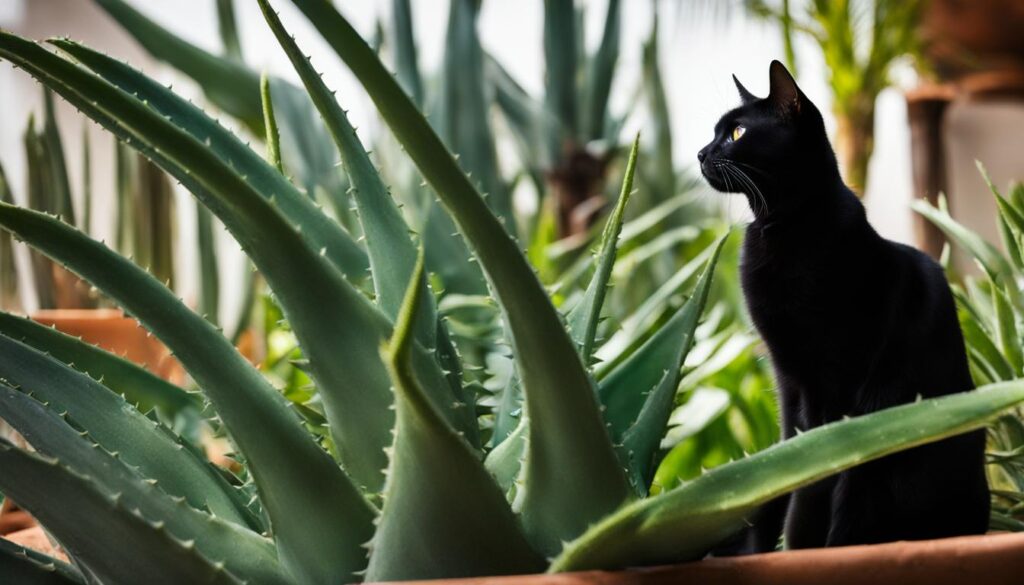
Understanding Aloe Vera Toxicity in Cats
At the crux of the concern is the aloe vera gel and cats issue; a substance prized for its healing qualities in people can be detrimental when cats are exposed to it. This is largely due to compounds such as anthraquinones found within the gel, which are intrinsically toxic to cats. Owners must ensure that their beloved pets are kept away from any form of this plant, as even limited contact can lead to adverse reactions.
Symptoms of Aloe Vera Poisoning in Felines
When a cat ingests part of an aloe vera plant, symptoms may manifest swiftly. These symptoms serve as tell-tale signs of aloe vera toxicity in cats. Vigilant observation for any indications of vomiting, unusual lethargy, or diarrhoea is paramount. Such signs call for immediate action, as the swift progression of these toxic effects can lead to more severe health issues if not addressed.
Treatment Options After Ingestion
In the unfortunate instance where ingestion occurs, knowing whether is aloe vera poisonous to cats and the proper treatment options is vital. Veterinary care will likely encompass decontamination protocols, such as inducing vomiting and administrating activated charcoal to prevent further absorption of the toxin. Maintaining hydration with intravenous fluids is also a common treatment pathway to compensate for fluid loss due to diarrhoea and vomiting. The aim is to mitigate the poisonous impact while monitoring the cat’s recovery closely.
Preventive Measures to Protect Cats from Toxic Plants
As pet owners, it is our duty to safeguard our beloved cats from the dangers of aloe vera for cats and other potentially toxic plants. To ensure their safety, it is essential to be proactive in preventing accidental plant ingestion. Here are some key strategies to consider:
- Research Before Purchase: Prior to introducing new flora to your home, conduct thorough research to confirm that it’s non-toxic to feline friends.
- Restrictive Plant Placement: Position plants in areas well out of your cat’s reach, possibly on high shelves or behind closed doors.
- Opt for Cat-Safe Flora: Choose plant species that are known to be safe for cats, thereby eliminating any risk of poisoning.
Recognising symptoms associated with plant toxicity in cats is crucial. Should your pet display any unusual behaviours, such as vomiting or lethargy, when to seek veterinary advice should be immediately clear: at the very first sign of distress. Early intervention can truly make a difference.
Here’s a list of safe alternatives to aloe for a cat-friendly home environment:
- Bamboo Palm (Chamaedorea seifrizii)
- Boston Fern (Nephrolepis exaltata)
- Spider Plant (Chlorophytum comosum)
Creating a safe habitat for your cat doesn’t mean forfeiting greenery. By choosing cat-friendly plants, you promote a healthy and enriching environment for them to explore.
| Plant | Safe for Cats | Benefits |
|---|---|---|
| Bamboo Palm | Yes | Air-purifying and easy to care for |
| Boston Fern | Yes | Non-toxic and thrives in humidity |
| Spider Plant | Yes | Stress-reducing and resilient |
Conclusion
In conclusion, it is vital for cat owners to recognise the risks associated with the aloe vera plant and cats. The potential of aloe vera poisoning in cats should not be taken lightly. Implementing stringent preventive measures and safeguarding your home against harmful plants can protect your feline friends from the health threats posed by aloe vera. By thoroughly scrutinising houseplants for possible dangers and educating oneself on what safety entails, the welfare of your pet can be significantly safeguarded.
Preventive Measures to Protect Cats from Toxic Plants
Ensuring that feline adventurers are kept at a safe distance from the aloe vera and other poisonous plants is essential. By proactive removal or secure placing of these plants, the chances of cats encountering and ingesting toxic foliage are minimised. Vigilance and prevention are key, as the ingestion of aloe vera leads to situations where cats will suffer from adverse and potentially severe health effects. The norm should always be can cats eat aloe vera – absolutely not, and thus it should be kept way beyond their curious paws.
When to Seek Veterinary Advice
If, despite best efforts, a cat does interact with or ingest aloe vera, one must act rapidly. Observing any symptoms such as vomiting or diarrhoea, which are telltale signs of aloe vera’s harmful impact on cats, warrants immediate veterinary attention. Quick and informed actions can be the dividing line between a simple scare and a life-threatening situation. Knowledge of your local veterinary clinics and emergency services can make all the difference in providing your cat with the best chance of a full recovery.
Safe Alternatives to Aloe for a Cat-friendly Home
Finally, curating a cat-friendly home means identifying non-toxic plant alternatives that allow pet owners and their cats to coexist agreeably. Plants that are safe and do not pose the danger of aloe vera to cats are ideally incorporated into a pet-inclusive interior design. This shift not only honours the intrinsic explorative nature of cats but also preserves the aesthetic value that plants add to our homes. Thus, by choosing wisely, both beauty and the safety of our cherished feline companions are maintained in harmony.
FAQ
Is Aloe Vera Poisonous to Cats?
Yes, aloe vera is poisonous to cats. Cats should not eat aloe vera as it contains a compound that can cause vomiting, diarrhoea, and other symptoms of toxicity when ingested.
What Are the Hidden Dangers of Aloe Vera for Cats?
Aloe vera contains anthraquinone glycosides, which are toxic to cats, leading to gastrointestinal issues and potential severe health complications if not addressed promptly.
How Can Aloe Vera Toxicity in Cats Be Recognized?
Aloe vera toxicity in cats can be recognized through a variety of symptoms such as vomiting, diarrhoea, lethargy, and in severe cases, changes in urine colour due to potential liver damage.
What Signs Should I Look for to Indicate Aloe Vera Poisoning in Felines?
Signs of aloe vera poisoning in felines include vomiting, diarrhoea, reduced appetite, depression, changes in urination, and tremors. If you observe these signs, seek immediate veterinary attention.
What Are the Treatment Options After Ingestion of Aloe Vera?
Treatment options after the ingestion of aloe vera in cats typically involve the induction of vomiting, administration of activated charcoal to prevent toxin absorption, and supportive care such as IV fluids to treat dehydration.
How Can I Prevent My Cat from Ingesting Aloe Vera or Other Toxic Plants?
Prevent your cat from ingesting aloe vera or other toxic plants by researching plant toxicity, keeping potentially harmful plants out of reach, and opting for cat-safe plant alternatives in your home.
When Should I Seek Veterinary Advice if I Suspect My Cat Has Ingested Aloe Vera?
Seek veterinary advice immediately if you suspect your cat has ingested aloe vera or if you observe any symptoms of poisoning. Quick intervention is crucial for your cat’s recovery.
What Are Safe Alternatives to Aloe for a Cat-Friendly Home?
Safe alternatives to aloe for a cat-friendly home include plants such as catnip, valerian, and spider plant, which are non-toxic to cats and can provide a safe environment for them to explore.






